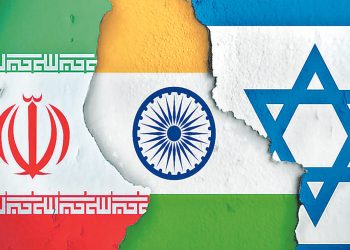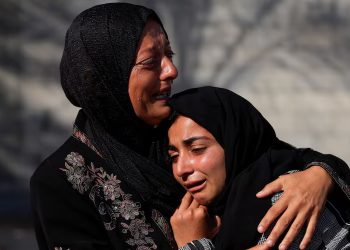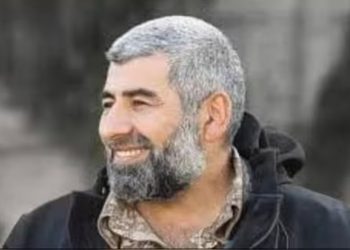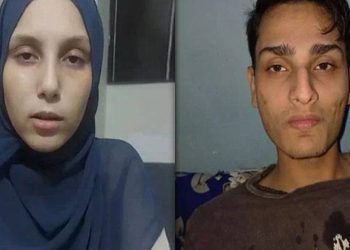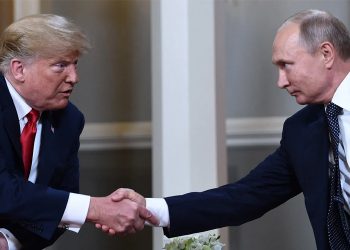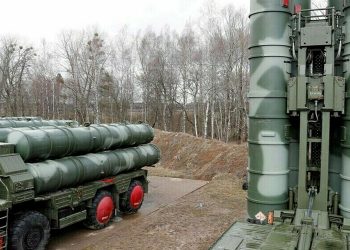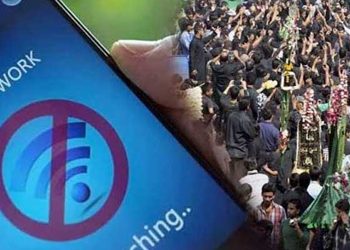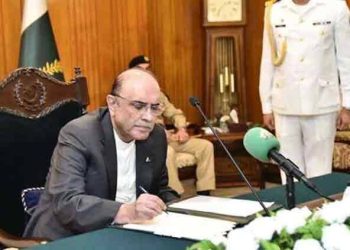RIYADH: Yemen’s president delegated power to a presidential council and dismissed his deputy on Thursday in move aimed at supporting UN-led efforts to revive negotiations to end a bitter seven-year war.
Riyadh announced $3 billion in financial aid to the Saudi-backed government after the announcement by President Abd-Rabbu Mansour Hadi. It called for talks with the Houthi group that controls the north and has been battling a Saudi-led coalition.
In a major breakthrough, Yemen’s warring sides agreed on a two-month truce that began on Saturday, the first since 2016. The deal eased a coalition blockade on areas held by the Houthis, who ousted Hadi’s government from the capital, Sanaa, in late 2014. read more
“I irreversibly delegate to the Presidential Leadership Council my full powers in accordance with the constitution and the Gulf Initiative and its executive mechanism,” Hadi, who is based in Riyadh, said on state television.
Riyadh, which has struggled to exit the war in Yemen, urged the new council to negotiate with the Iran-aligned Houthis under UN auspices “for a final and comprehensive solution”.
Houthi chief negotiator Mohammed Abdulsalam said in a statement that Yemen’s future should be decided inside the country. He did not respond on whether the group would accept an invitation for talks with the council.
Saudi Crown Prince Mohammed bin Salman was shown in a video on state media meeting with the new eight-member council, led by Rashad Al-Alimi, who has close ties with both Riyadh and major Yemeni bloc the Islamist Islah party.
The new body includes several leaders of United Arab Emirates-backed factions, including Aidarous al-Zubaidi of the separatist Southern Transitional Council, which distrusts Islah and vied with Hadi’s government for control of Aden.
“This is an attempt, perhaps a last ditch effort, to reconstitute something resembling unity within the anti-Houthi alliance. The problem is that it is unclear how these various individuals, many of whom have diametrically opposing views, can work together,” Gregory Johnsen, a former member of the UN Panel of Experts on Yemen, said on Twitter.
Dismissed Vice President Ali Mohsen al-Ahmar is resented by the Houthis for military campaigns in their northern stronghold and by some southerners for his role in the 1994 north-south civil war.
Saudi Arabia and the UAE will each inject $1 billion into Yemen’s central bank and the kingdom will grant an additional $1 billion for oil derivatives and development.
Riyadh also said it would give $300 million to the UN aid response, which raised less than a third of the $4.27 billion sought in March. The United Nations is pushing for measures to stabilise the economy and launch inclusive political negotiations to end the conflict.








